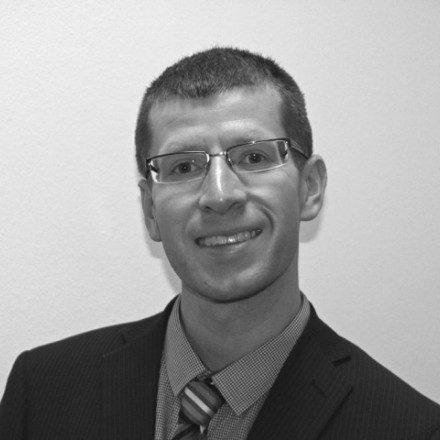With migrants in Malta
‘Well, I’m sure you were scared.” It seemed an obvious statement. The Sudanese man, in his late 30s, had surely heard it before and his relaxed demeanour suggested someone whose fears were mainly in the past. “Not when you consider where I came from.”
‘Well, I’m sure you were scared.” It seemed an obvious statement. The Sudanese man, in his late 30s, had surely heard it before and his relaxed demeanour suggested someone whose fears were mainly in the past. “Not when you consider where I came from.” My question was about a journey made some 10 years ago when he ed the war Darfur. The escape route ran north-west, on trucks from the scrub to the Libyan Desert, and then up to the Mediterranean Sea, where (for a price) a boat would take him to Europe. It’s surprisingly easy to have a conversation in his current homeland, Malta, which finds itself on the frontline of today’s migration crisis. The scale, speed and intensity of these mass movements of people combine to create a situation in which refugees and other migrants feel lost and vulnerable; and citizens of destination countries are fearful and uncertain about how best to respond. It is a story in which we all play a part; and being a concerned observer is a good starting point for exploring any other ways in which God may lead one to respond. For me, migration was an interesting topic, but not a newsmaker, when I studied human geography at Queen’s University in the early 2000s. That all changed when the EU reached east in 2004, taking in 10 new member states – including eight which were once behind the Iron Curtain. The opportunities for new arrivals and the problems of integrating so many people in a short time meant that migration suddenly became a live issue when I was working as a reporter with the County Down Outlook. Many immigrants went home when the 2008 recession began to bite, but some settled and made their new home here. At the same time, even as our economy dipped, thousands of people from Africa were setting o to cross borders in the hope of a new, prosperous life in Western Europe. For example, nearly 40,000 migrants were picked up crossing the Mediterranean from Libya in 2009. Numbers varied over the next few years but the crisis escalated in 2014 when 170,000 crossings were recorded. Human traffickers took full advantage of Libya’s civil war and profited from those willing to pay a high price to reach northern shores. I travelled to Malta twice in 2015, and again last May, to see the story at first hand. I had the privilege of meeting migrants there who had risked everything to cross the Mediterranean, and often the Sahara; also charity and church workers doing their best to rescue migrants and help them integrate, and government officials trying to balance generosity with the need to protect Malta’s security and economy. In a way, Malta is a microcosm of the challenges facing Ireland and Europe in general and some of its experiences may be useful in helping us to respond in our context. People and numbers It is vital to listen to migrants’ stories, stories all told by individuals made in the image of God. However, statistics can also add context and help us understand the wider picture. Malta would t comfortably into County Down and is home to 420,000 people, making it Europe’s most densely populated country. Around 7,000 people living in Malta fall within the UNHCR’s “population of concern”– asylum seekers, refugees or those with a similar status. This compares with 11,300 in the Republic of Ireland and around 600 in Northern Ireland. Definitions also matter. A relatively small proportion of asylum seekers in Malta receive refugee status (306 last year) which can be granted if the applicant has a well-founded fear of being persecuted for reasons of race, religion, nationality, membership of a particular social group or political opinion. A refugee must also be outside his or her country of nationality (or where he or she formerly lived) and be unable or unwilling to find protection in that country.* Full article available in printed copies.

Peter Cheney
is Assistant Press Officer with the Church of Ireland in Belfast.